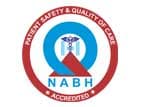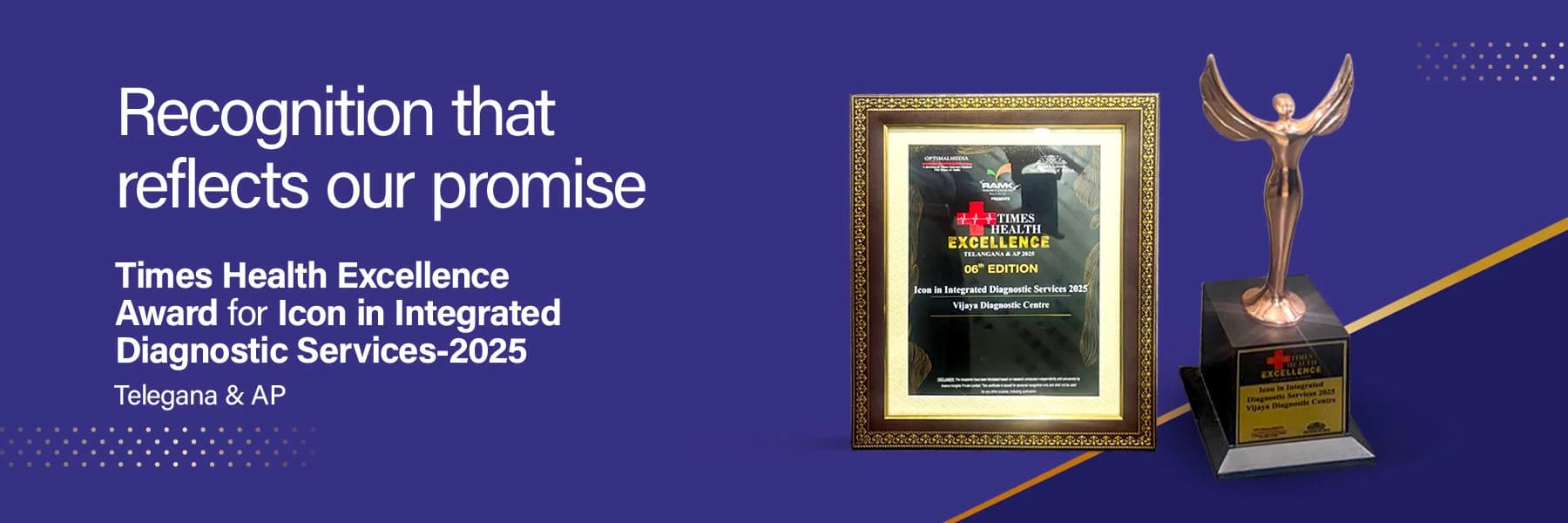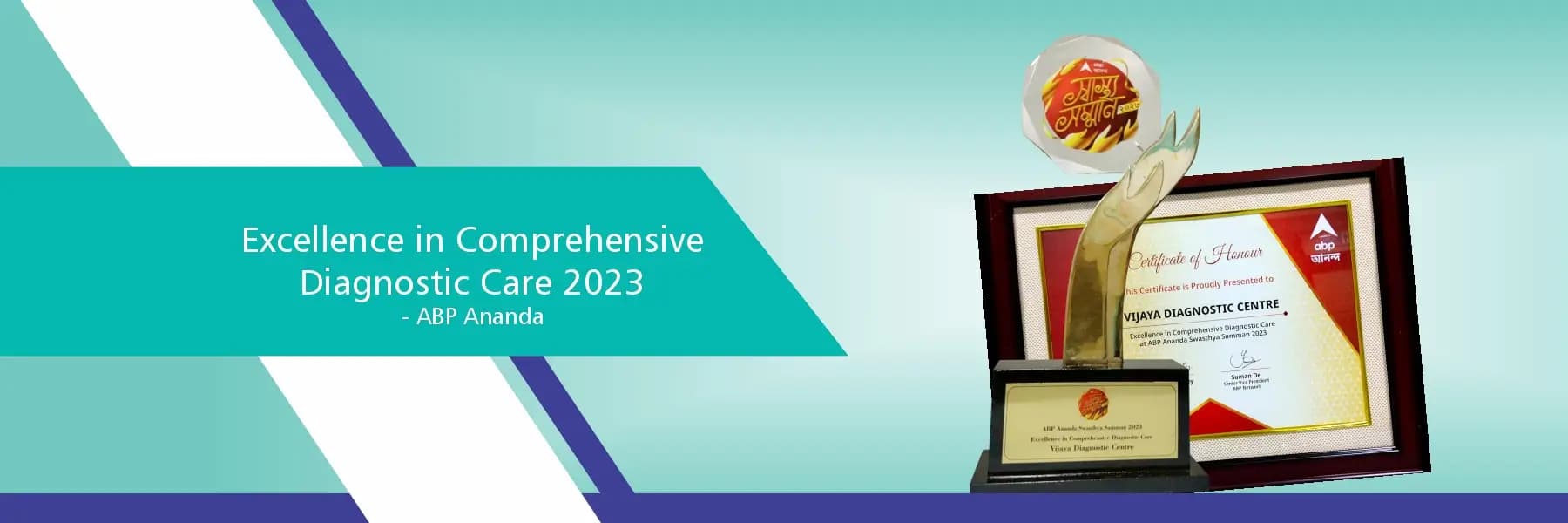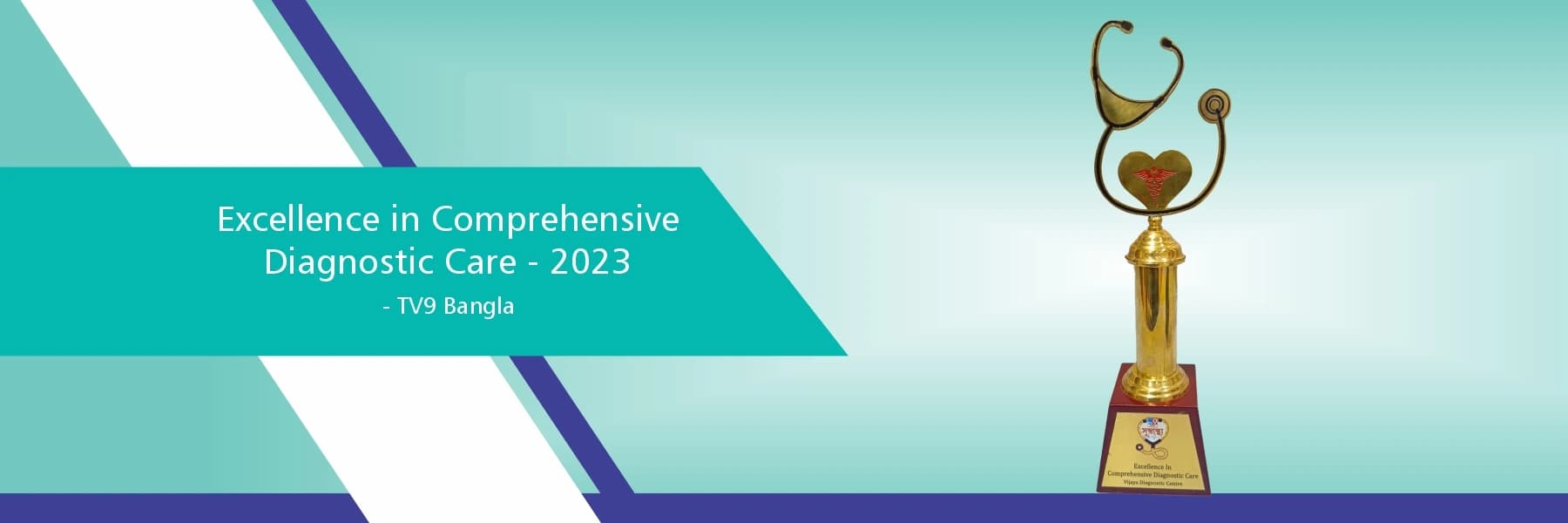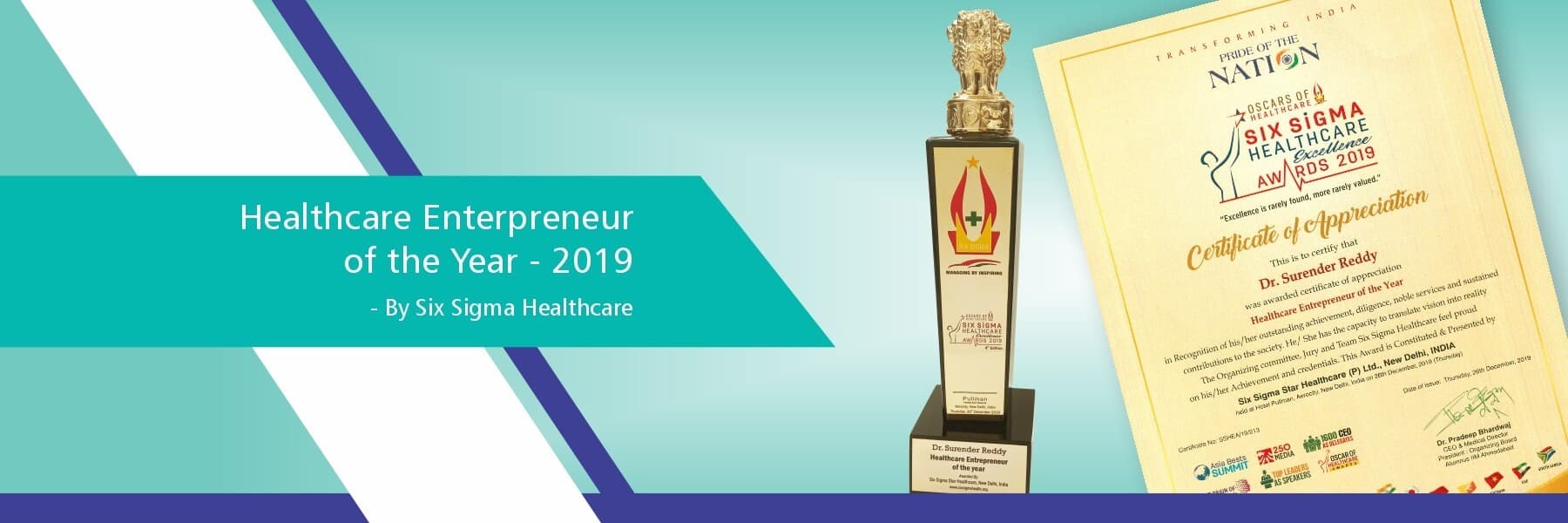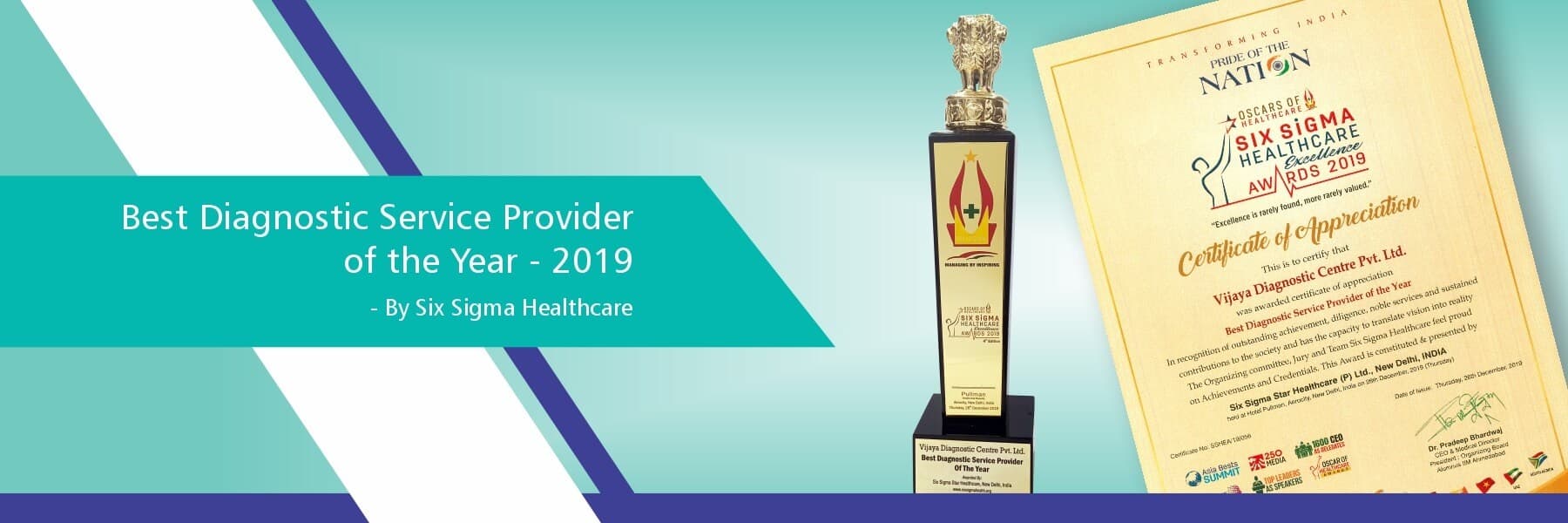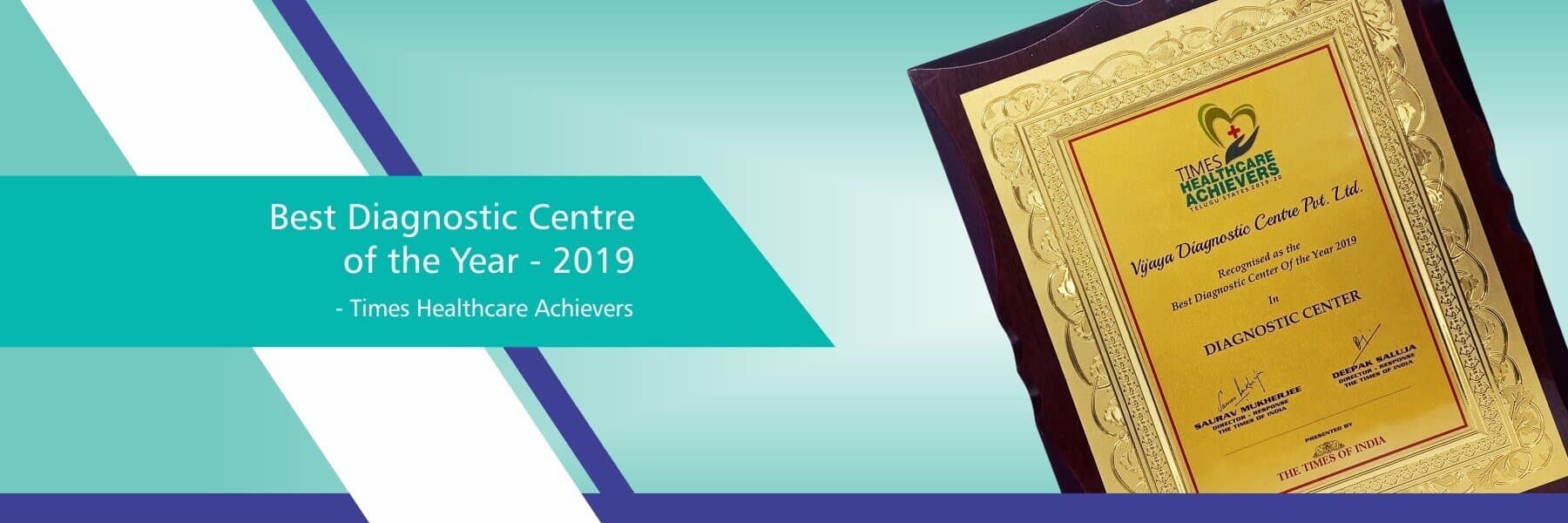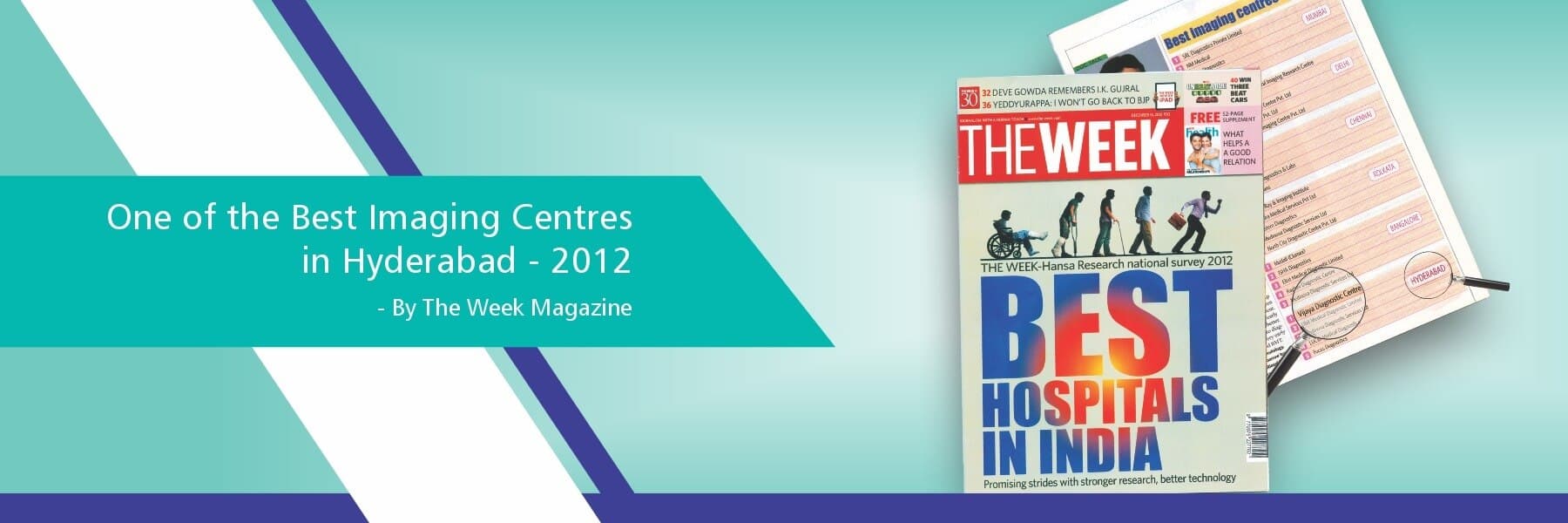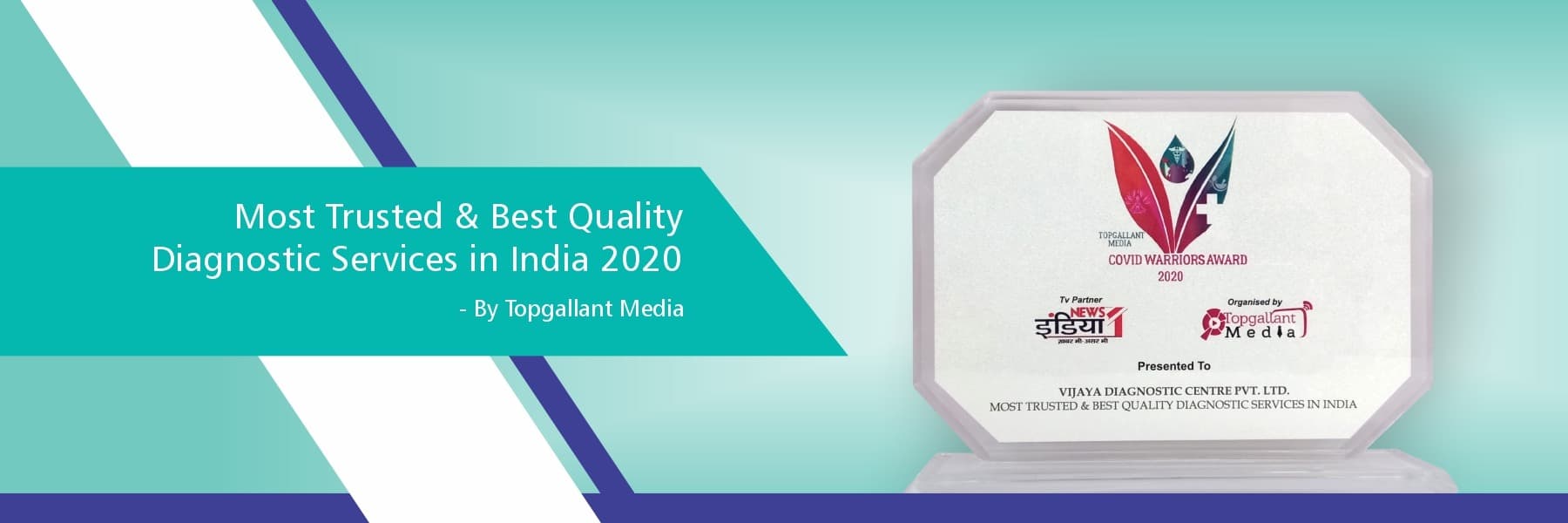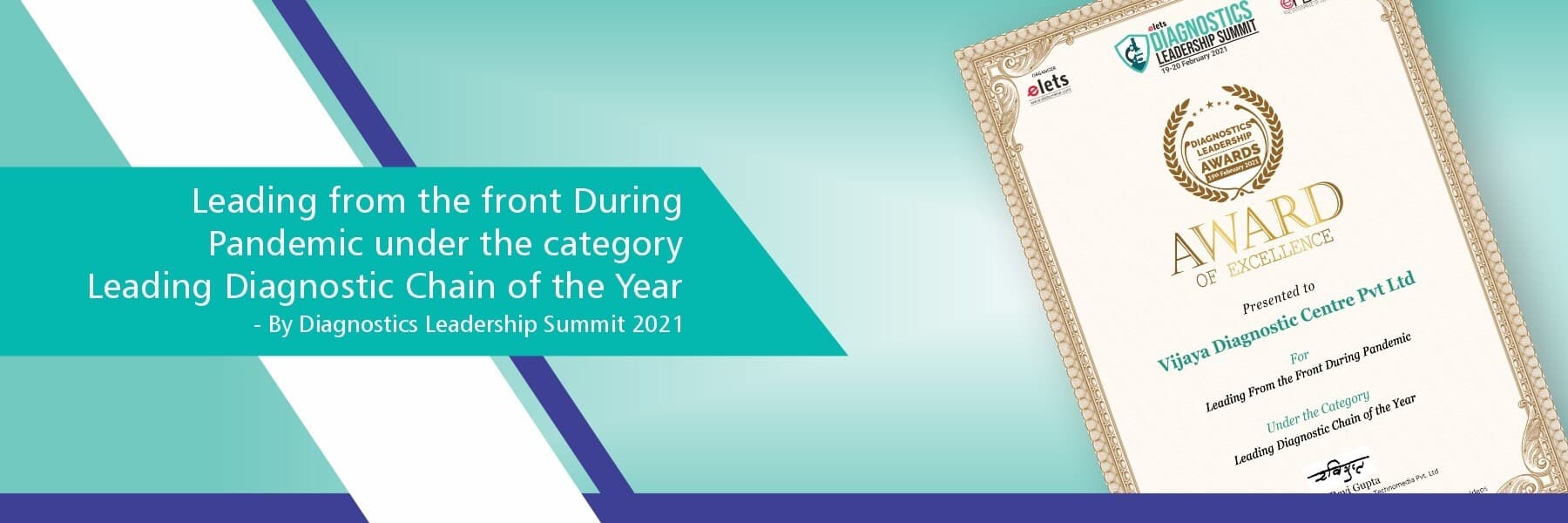Understanding Molecular Diagnostics & their Significance
Molecular diagnostics refers to a category of diagnostic tests that evaluate an individual's health at the cellular and molecular level, detecting and measuring specific alterations in cells, genetic sequences in DNA or RNA, amino acids, or the proteins they express. Molecular diagnostic testing can detect targeted genetic material, such as nucleic acid, or identify specific protein signatures like MALDI-ToF. In essence, molecular testing encompasses a wide range of tests that analyze genetic material in various specimens.
These laboratory tests search for molecules within genetic profiles, including DNA or RNA fragments, proteins, and genes from tissue samples, urine, saliva, blood, feces, and targeted organ tissue obtained through biopsy. Through these tests, laboratories can identify genetic risk factors for certain diseases, such as cancer, or confirm the presence of infections in the body.
How is Molecular Diagnostics Testing Performed?
Here’s a breakdown of the major steps involved:
1. The first stage involves the collection of a specimen/biological sample, such as blood, tissue, saliva, or other bodily fluids, depending on the specific test and target molecule.
2. Nucleic Acid Extraction is another crucial step in most molecular diagnostic tests. Automated systems can isolate DNA or RNA meticulously from the vital molecules in the sample. The extracted high-quality nucleic acids are later used for further analysis.
In cases where the targeted nucleic acid quantity is insufficient for detection, specialized techniques such as Polymerase Chain Reaction (PCR) are employed to amplify specific DNA segments exponentially and enhance their detectability for subsequent analysis.
3. Sophisticated techniques including Polymerase Chain Reaction (PCR), Hybridization, and Next Generation Sequencing (NGS) are used to pinpoint the targeted molecules within the processed sample.
4.The identified molecules are then meticulously analyzed based on their sequence or quantity to look for any notable variations, enabling disease diagnosis, predictive testing and treatment monitoring
What is the purpose of Molecular Diagnostic Testing?
Molecular diagnostic testing finds many applications including:
1. Risk detection and predictive testing:
Genetic predispositions to certain diseases including cancer and heart disease can be easily assessed. This allows for individuals to take adequate preventive measures. It can also aid in reproductive and family planning decisions as individuals who may carry genetic mutations linked with certain disorders and diseases can be identified easily.
2. Disease Diagnosis:
Molecular diagnostic testing can aid in the detection of infectious pathogens and genetic mutations or specific markers associated with various types of cancer. It can also be used to assess genetic factors associated with neurological conditions like Alzheimer’s and screen for genetic mutations linked to inherited diseases such as cystic fibrosis or hemophilia.
3. Personalized Medicine:
Molecular diagnostic testing can help maximize treatment efficacy and minimize side effects by enabling personalization of therapeutic strategies on genetic profiles of patients. It can also guide proactive interventions by predicting disease progression or potential complications based on genetic markers
Pharmacogenomics is another extension of molecular diagnostics which enables personalized pharmacotherapy by predicting an individual’s response to medications based on genetic variations.
Molecular diagnostics is also used to group patients based on genetic factors to optimize clinical trials and outcomes.
4. Treatment Monitoring:
Molecular diagnostic testing can aid in the assessment of treatment effectiveness, especially in the case of cancer and autoimmune diseases and detection of drug resistance.
Molecular testing also finds application in forensics for identifying people for legal reasons. Screening newborn babies for genetic disorders and tracing ancestry are some of the other common applications of molecular diagnostic testing.
What is required to perform Molecular Diagnostic Tests?
Each molecular diagnostic test necessitates a sample or specimen acquired from the individual. Molecular testing may entail obtaining samples from:
- A tumor through biopsy
- Blood
- Bodily fluids like respiratory secretions
- Amniotic fluid
For instance, COVID-19 tests search for particular viral antigens present in nasal and respiratory secretions. Antigens are commonly located on the surface of viruses.
Specialized lab equipment such as DNA/RNA extraction kits, amplification instruments & bioinformatics software along with the associated infrastructure and skilled personnel are imperative for accurate molecular diagnostic testing.
Types of Molecular Diagnostic Tests and Techniques:
Common types of molecular tests include:
- Molecular PCR (Polymerase Chain Reaction) testing: This is the most common type of molecular diagnostic test. This highly sensitive test uses a process called amplification to make copies of a specific piece of DNA, making them easier to detect. PCR is used to diagnose a wide variety of diseases, including infections, cancers and genetic disorders.
- Hybridization: This test uses probes, which are short pieces of DNA or RNA that are complementary to a specific target sequence. The probe will bind to the target sequence. Hybridization is often used to detect specific pathogens, such as viruses or bacteria.
- Fluorescence In situ hybridization (FISH): This test uses probes to detect the presence of specific DNA or RNA sequences in cells or tissues. It is used to diagnose genetic disorders, and detect cancer.
- Next-Generation Sequencing (NGS): This is a powerful technology that can sequence the entire genome of an organism. Next-generation sequencing, also known as DNA sequencing, is the most precise and reliable method for identifying & monitoring diseases and has largely replaced many conventional laboratory testing methods used to diagnose genetic disorders and identify cancer mutations.
- Microarrays: Microarrays are powerful diagnostic tools that utilize chains containing thousands of probes to analyze large sets of genes or genetic mutations simultaneously. It aids in the detection of genetic mutations, pathogens and cancer. It also finds applications in pharmacogenomics.
- Nucleic Acid Amplification Tests (NAATs): It is a highly sensitive type of diagnostic test used to detect the presence of specific genetic material, such as DNA or RNA, from viruses, bacteria, and other pathogens. This makes them incredibly valuable for diagnosing a wide range of infectious diseases, including Meningitis, Sexually transmitted infections (STIs) like chlamydia, gonorrhea & HIV and Respiratory infections like COVID-19, influenza & pneumonia
It is often used to accurately detect a Tuberculosis (TB) infection especially when other traditional diagnostic tests have been inconclusive.
If you’re wondering where can I find an affordable & reliable molecular diagnostic testing center near me, then look no further. From Tirupati to Kolkata, Vijaya Diagnostics brings advanced molecular testing closer to you than ever.
Trusted by millions, our NABL-accredited labs equipped with cutting edge technology offer expert insights, swift results, and transparent pricing - empowering you to make informed decisions for a healthier you.
Choose Vijaya Diagnostics - because your health deserves nothing less!
Frequently Asked Questions
1. How is Molecular Diagnostic Testing different from traditional diagnostic tests?
Ans - Traditional diagnostic tests such as blood tests, urine tests and X-rays focus on physical or chemical changes in organs, bones, tissues and bodily fluids to detect or diagnose existing conditions. Molecular diagnostic tests can dive deeper and analyze DNA/RNA or proteins to not just diagnose existing conditions but also predict future risks of developing a disease and personalize therapeutic procedures & drugs. Molecular tests are more specific and sensitive, enabling accurate early diagnosis and proactive interventions. On the downside, molecular diagnostic tests are usually more expensive than most traditional diagnostic tests.
2. What are some common molecular diagnostic techniques?
Ans - Polymerase Chain Reaction (PCR), Immunohistochemistry, Next-generation sequencing (NGS) and hybridization are some of the common molecular diagnostic techniques
3. Is Molecular Diagnostic Testing only for genetic disorders?
Ans - Apart from identifying genetic disorders and predispositions to certain medical conditions, molecular testing can also be used to detect
- infectious diseases
- cancers
- autoimmune diseases
- neurological disorders such as Alzheimer’s
Pharmacogenomics is another diverse application of molecular diagnostics. It is used to predict an individual’s responses to specific drugs based on genetic variations.
4. How long does it take to get results from Molecular Diagnostic Testing?
Ans- The turnaround time for molecular diagnostic test results can vary significantly based on the type of test and the complexity. Results for simple PCR tests such as the ones for COVID 19 are usually available in 30 minutes to a couple of hours while results for more complex techniques like NGS might take as long as 2 to 3 weeks.
5. Are there any risks or side effects associated with Molecular Diagnostic Testing?
Ans - Molecular diagnostics are generally safe. Some of the rare potential risks and side effects include:
- Allergic reaction to any of the components involved in molecular testing
- Infection at the biopsy site or injection site
- Increased stress or anxiety in the case of predictive testing
- False positive or false negative results which may arise due to factors including specimen contamination, quality control issues and pre-analytical errors
Please note that the above list isn’t exhaustive. Please consult your doctor to weigh the benefits of molecular testing against the potential risks involved.
Drag & drop your files here, Or
browse files to upload.
.pdf, .jpg & .png formats supported. Upto three files can be uploaded at a time
Frequently Asked Questions (FAQs)
Centre Details & Locations
You can click on the Centre Locator mentioned on the top right bar of our home page website to locate centres in your city. You can also search in Google “Vijaya Diagnostic Centre near to me” to find the nearest centre.
Yes, most of the centres have this facility.
Yes, you can check the operational timing of a branch by selecting the centre you want to visit on our website or Google map of respective centre
Health Checkup & Packages
The validity of a health check package is 30 days from the date of invoice, for more detail to Terms & Condition of use section on our website.
Watch This Video for Detailed Information
Play This Video
Once the validity period is over for your registered package, the package cannot be availed. The amount paid by you during the registration process is non-refundable, non-transferable and gets forfeited if you do not visit the branch within the validity period. The amount paid by you during the registration of the special package cannot be utilized for availing other packages.
No. These are special promotional packages which are available for registration only during the specific campaigns and thus it is important for you to register there during the event/campaign. These are specially designed and discounted packages which are only available during the campaign with specific validity period.
The package once registered, is non-transferable. One has to utilize the package for the registered customer only.
Home Sample Collection
Yes, you can book a Home Sample collection by selecting the desired tests on our website or calling our customer care number at 9240 222 222.
Yes, you can prepone/postpone an appointment by calling our customercare number at 9240 222 222.
Reports
Visit Home page of our website and click on Download reports icon. You need to login with mobile number and OTP. You will see your latest report in PDF format.
No, your reports would not be shared with anybody else other than you.
Tests Information & Instructions
Yes, fasting is recommended before undergoing a blood test.
Watch This Video for Detailed Information
Play This Video
Important Instructions:
- Generally, fasting is required prior to administering IV contrast. Fasting for ~ 4 hours (solid foods) is recommended.
- Kidney function test (serum creatinine) in cases of positive clinical history.
- Review of your medical history to determine that no issues exist preventing you from having a CT scan, such as pregnancy / contrast allergy or reaction (i.e., hives, rash, itching, breathing difficulty).
- A person accompany for IV contrast procedure.
Pre-scan requirements:
- Some CT scans require drinking oral contrast, for approximately 30–60 minutes prior to your scan.
- Some CT scans involve an injection of contrast, for which an IV cannula will be inserted.
Post-scan Requirement:
You will be provided with post-procedure instructions at the centre



